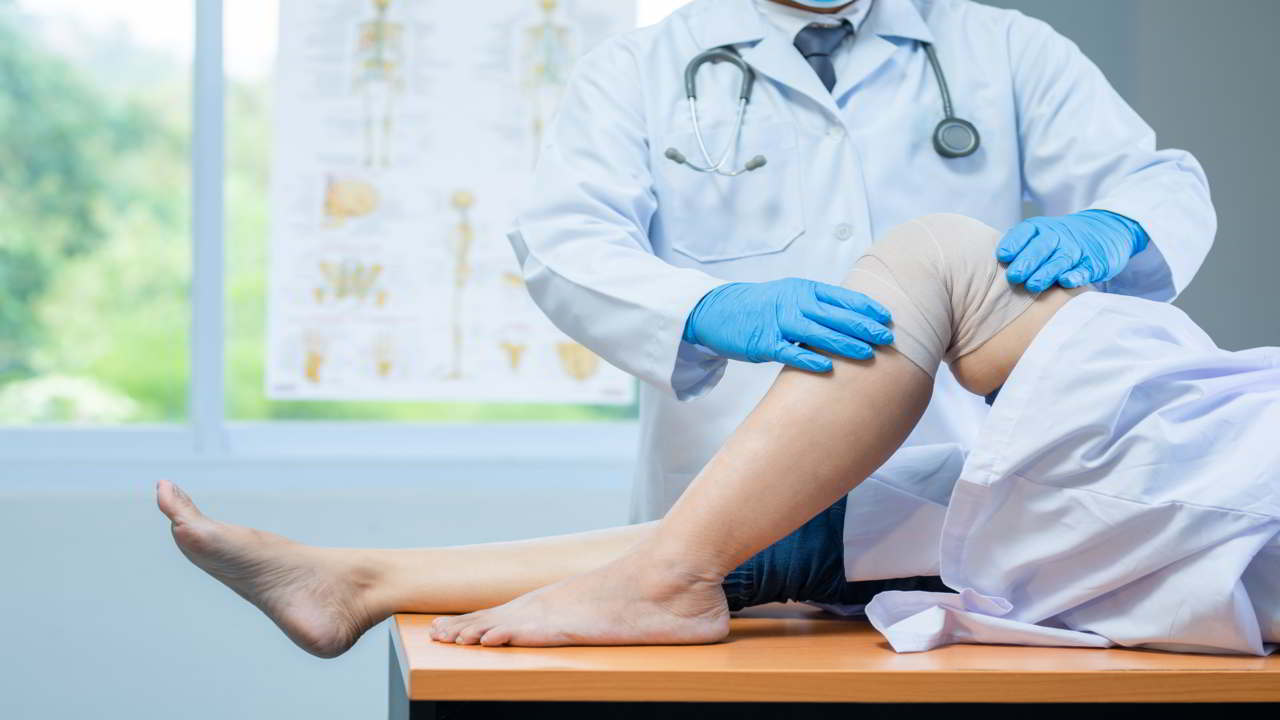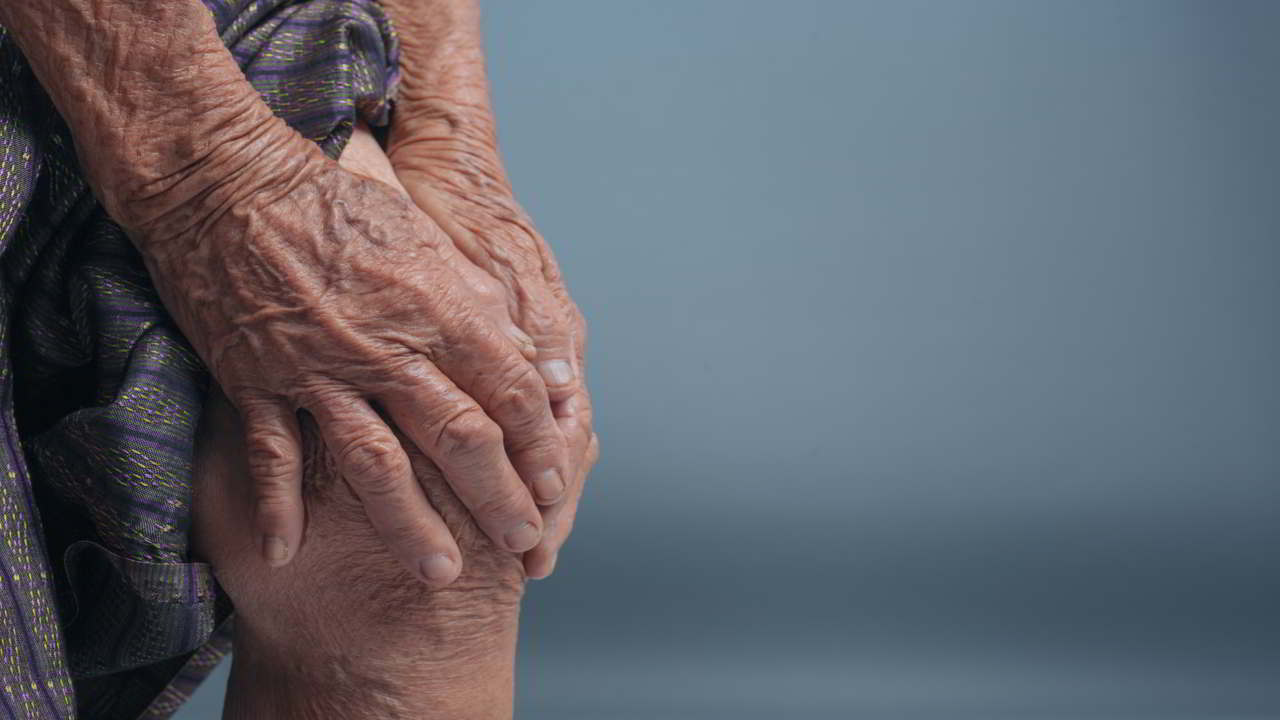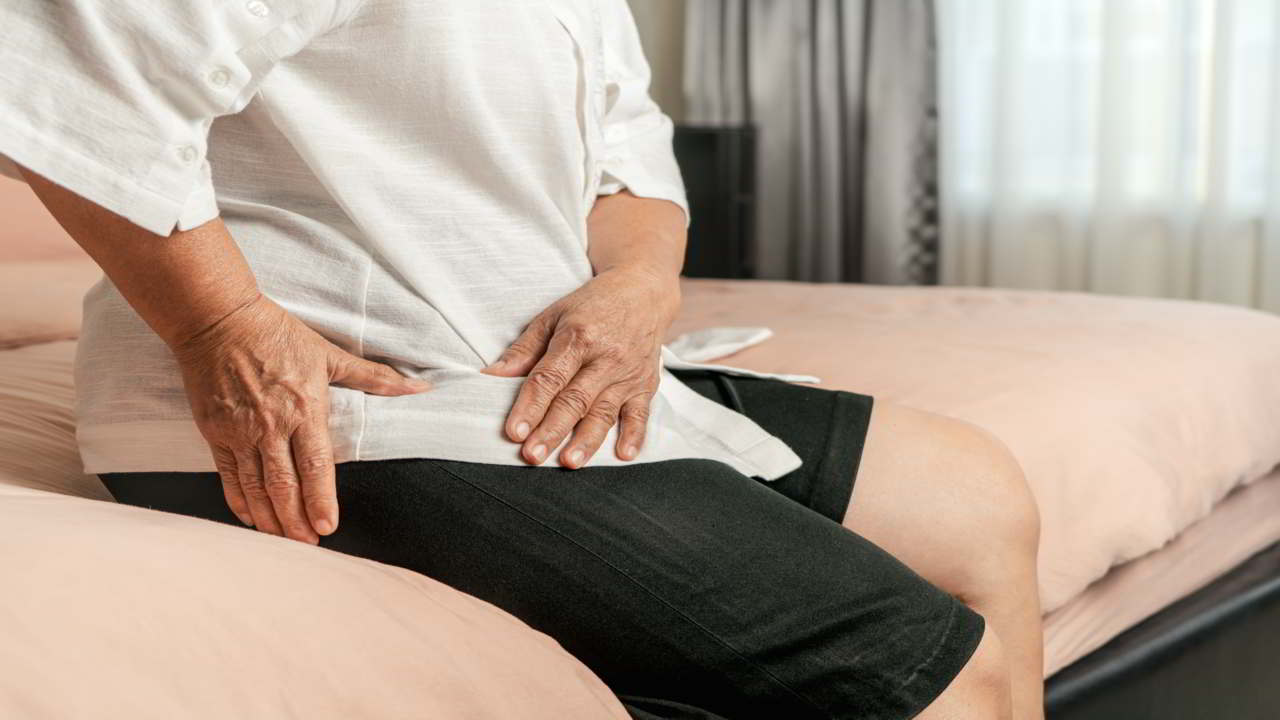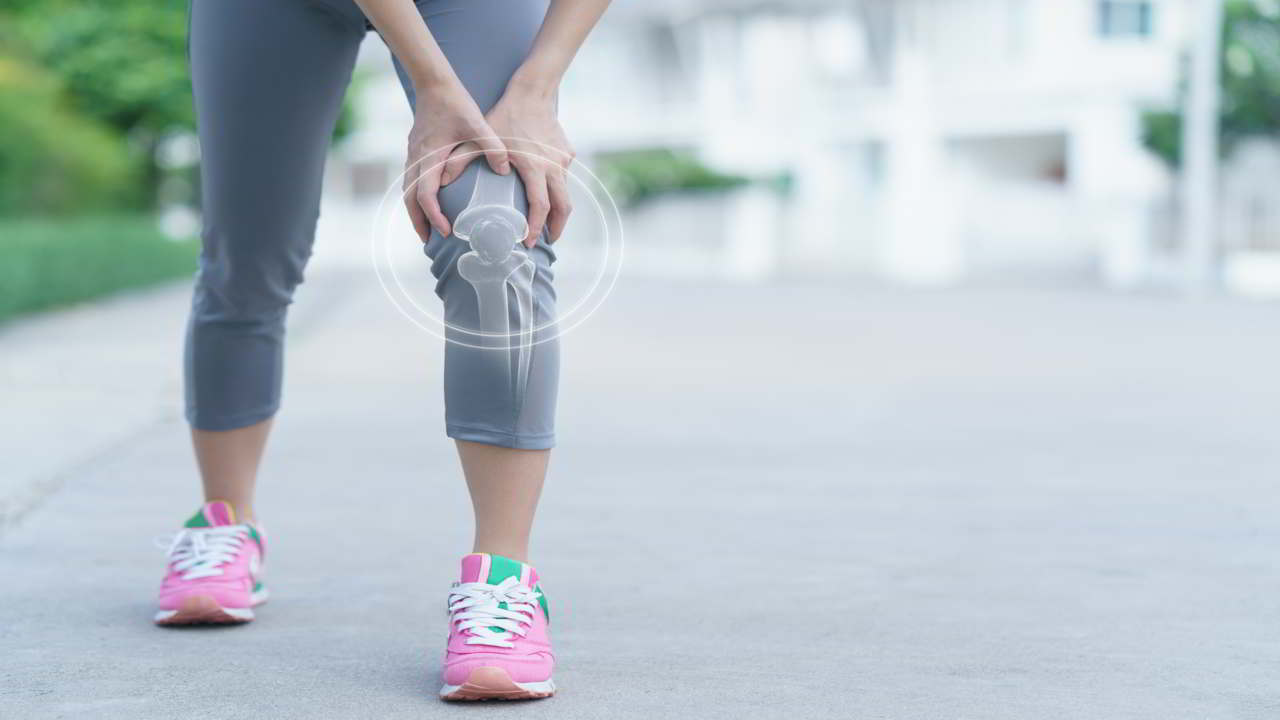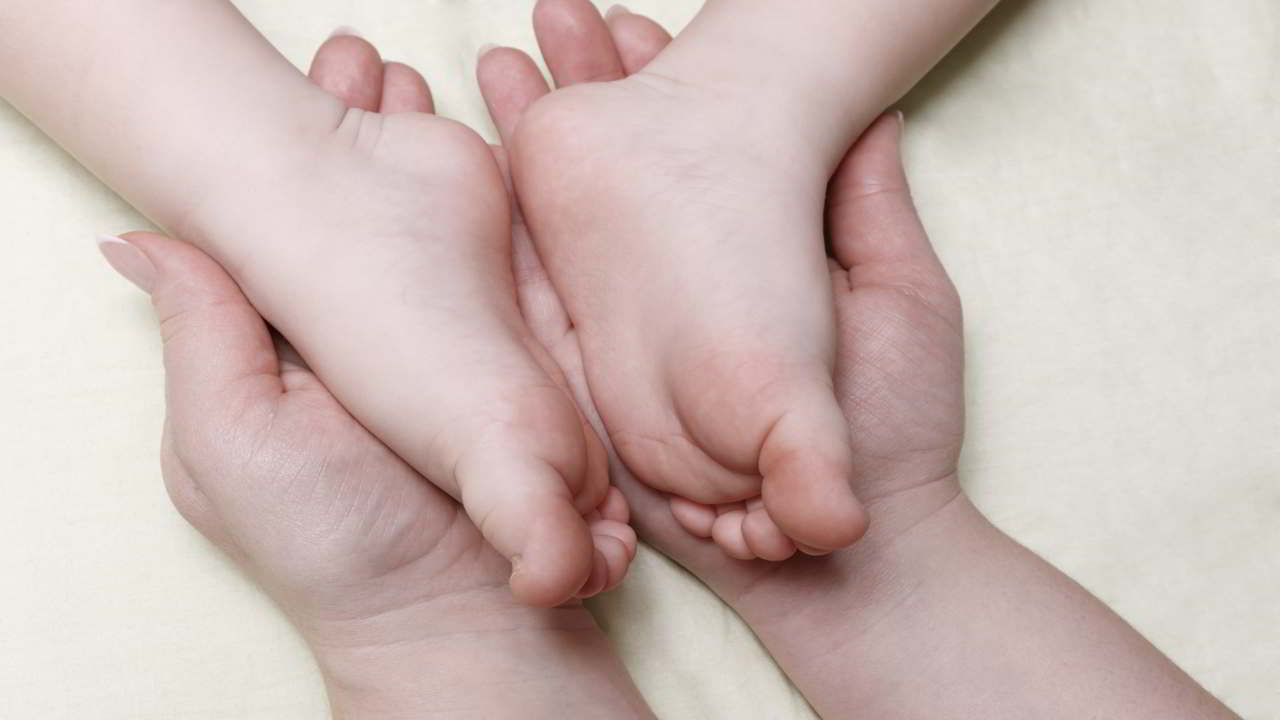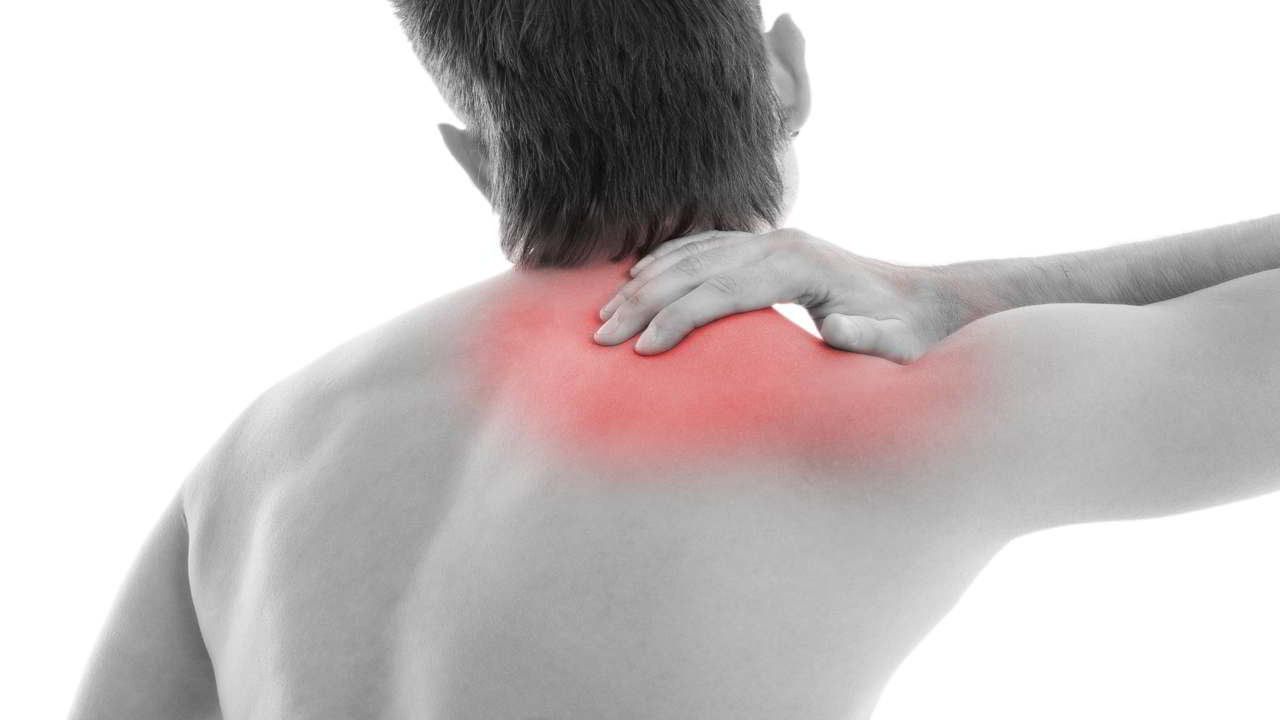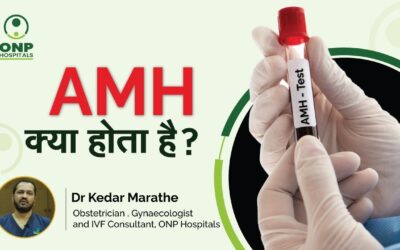As a pediatrician at ONP Hospitals, I’ve witnessed countless stories of resilience and recovery, but one case stands out—little Anaya’s story. Anaya, a spirited four-year-old, came to us after a severe finger injury that happened while she was playing in the backyard....

Overview
When two or more vertebrae in your spine are surgically joined together, mobility between them is eliminated, and the joint is permanently fixed. Spinal fusion treatments are performed in the surgery to emulate the recovery process of broken bones.
The spine is stabilized using a spinal fusion operation in which your surgeon implants bone or a bonelike material between two spinal vertebrae. It may be necessary to employ metal plates, screws, and rods to hold the vertebrae together during surgery so that they may repair and fuse to create a single solid unit when the procedure is complete.
Everything You Need To Know About Spine Surgery
Who is a Spine Surgeon?
Orthopedics is a branch of medicine that deals with the bones, tendons, muscles, joints, ligaments, and nerves that make up the human musculoskeletal system. Surgeons specializing in diagnosing and treating spinal disorders are orthopedic spine surgeons.
Orthopedic spine surgeons serve patients of all ages using non-operative and surgical therapy; however, some specialize in treating children or adults. Scoliosis, degenerative diseases, or a specific area of the spine (lumbar/low back, cervical/neck) are conditions that some orthopedic spine surgeons specialize in treating.
When do you need Spine Surgery?
When someone has problems in their extremities, it is advised that they first consult with their primary care physician. Whether a person suffers from low back or neck discomfort, it’s important to evaluate these signs closely. They should be encouraged to maintain a healthy and regular physical activity regimen to see if the condition disappears. If physical exercise doesn’t seem to be helping, consider an over-the-counter medication.
In many cases, patients with spinal problems can be treated without undergoing surgery. If the condition persists, surgery may be a realistic choice in certain cases. Physical therapy, at-home exercises, medicine, and, in rare situations, spinal epidural injections are typically prescribed before surgery is considered.
Surgery is required if non-surgical therapy fails to alleviate spinal cord or nerve roots compression symptoms, such as substantial arm, leg, or limb weakness.
Spine Diseases and Disorders We Treat
With the help of our team of professionals, we can help patients with a wide range of spine conditions.
- Back and neck pain
Chronic back and neck pain may linger for weeks, months, or even years. The discomfort might either be constant or sporadic. Acute back and neck pain can come on abruptly and strongly.
- Degenerative disc disease
This loss of cushioning occurs over time when discs between vertebrae in the spine lose their fluid. Degenerative spine disease may occur as a result of this.
- Spinal cord injury and spinal trauma
Spinal cord damage can be caused by a little bruising or a full rupture. Mobility, sensation, and organ function below the level of the damage are affected.
- Osteoporotic fractures
Because of the decreased bone density, even little trauma may induce a spine fracture, such as a strain, jolt, or fall.
- Peripheral nerve injuries
Damage to a peripheral nerve takes it difficult or impossible to elevate the foot off the ground. A herniated disc or a compression of the nerves may also cause this symptom.
- Scoliosis
Spinal scoliosis is characterized by an X-ray curvature of at least 10 degrees and may develop anywhere along the spine.
- Spine infection
Spinal infections are given their names depending on the part of the spine in which they appear. Fungal, bacterial, or surgical complications may cause them.
- Spinal cord tumors/spine tumors
A tumor that develops on or around the spinal cord. Even if the tumor is benign, the pressure it puts on the spinal cord or nerves might produce pain, weakness, numbness, or tingling.
- Spondylolysis/spondylolisthesis
Spondylolysis is an abnormality or fracture of the vertebral bones resulting in back pain. When one vertebral body slides on top of another, this condition is known as spondylolisthesis (slippage of the spine).
Type of Spinal Injury
The severity of damage to the spinal cord depends on where the injury is placed. The following are examples of such locations:
- Cervical spine
The C1-C7 neck vertebrae are affected by these traumas. Tetraplegia and quadriplegia are likely outcomes of very severe injuries. Lower and upper body weakness might also result from it. Breathing problems may also occur depending on the severity of the damage.
- Lumbar spine
Several forms of SCI affect the lower spinal cord. Paraplegia is most often caused by lumbar spine injuries, while upper body function is usually unaffected. Additionally, spinal injuries may result in a patient losing their capacity to sense physical sensations in the future.
- Thoracic injuries
This term describes injuries to the upper chest and back’s 12 vertebrae. In addition to paraplegia, incontinence may result from thoracic nerve damage. The chest, belly, hands, and fingers may all move because of the various functions performed by each of these nerves.
- Sacral injuries
Injuries to its area may limit the mobility of the hips and legs and the ability to urinate and defecate. The extent of healing will depend on the extent of the patient’s injuries and their overall health.
Treatment & Procedures
Back problems may manifest themselves in several ways, with the most common being the need for spine surgery. Standard operating procedures include the following items, as examples:
- Microdiscectomy or Discectomy
After a herniated, the intervertebral disc is replaced. Consequently, it will be required to alleviate the compression on the nerve. Microdiscectomy is the method used by MISS.
- Laminectomy
The elimination of the laminae, a thin bony plate on the back of the vertebrae, is performed to increase the spinal canal’s capacity and relieve pressure on the nerves.
- Laminotomy
The lamina of the vertebral arch, which is eliminated during the surgery, serves as a protective layer for the spinal cord. A laminotomy removes less bone than a laminectomy, a more aggressive procedure.
A laminectomy and a laminotomy are two types of decompression procedures. The phrase decompression refers to the removal of tissue compressing a spinal nerve in the most common instance.
- Foraminotomy
A procedure that involves removing bone or tissue from the neural foramen (the canal via which the spinal cord’s nerve roots branch off and exit the spinal column).
- Disc replacement
It may be possible to utilize an artificial disc in place of the damaged natural disc as an alternative to fusion.
- Spinal fusion
A process in which two vertebrae are joined together surgically. Numerous approaches may be used to accomplish fusion: in certain instances, a bone transplant with or without instrumentation may be employed in the spinal fusion process. Autograft (your bone) and donor’s bone are two types of bone transplants often used.
ALIF, PLIF, TLIF, and LIF are abbreviations for lumbar interbody fusion, a surgical procedure used to stabilize the spine by fusing the vertebrae.
- Anterior Lumbar Interbody Fusion
- Posterior Lumbar Interbody Fusion
- An incision in the foramen magnum is used in the Transforaminal Lumbar Interbody Fusion (TLIF) procedure.
- Because the approach is made from the side of the body, lateral interbody fusion requires less invasive surgery.
Why choose ONP Hospital?
Oyster and Pearl Hospital (ONP) is the best hospital to go to if you have a spinal problem. All our patients are treated with respect and dignity. We have a highly qualified team of professionals who are specialized in their respective surgical fields. Orthopedic spine surgeons are on call 24 hours a day, seven days a week, to help all our patients in need.
Our goal is to give the finest possible care and treatment in orthopedics for every one of their patients with the latest techniques, and surgical equipment. After any surgery, proper rehabilitation is very important for complete and speedy recovery. Our trained physical therapy team works with the patients to ensure complete and fast recovery with minimal discomfort.
Sub Services
What Patient has to say about us
People heavily rely on reviews from other patients when choosing a healthcare provider
Our Patients Many many happy returns of the day......... The best doctor in the world My mother was suffering from severe pain in both knees and spine. Dr. Aashish arbat sir has operated today after 15days she is doing every thing thank you Dr aashish arbat sir and team Especially the major support was from Dr Ram sir from admission to dischatge and follow ups and taken care very nicely thanku Dr. Ram sir Our Patients After enduring knee pain for the past decade, my mother sought advice from various doctors in Nagpur, Nashik, and Pune. They all recommended knee replacement surgery, but it was only when we discovered Dr. Aashish Arbat and the option of robotics surgery that we made the decision to proceed. The surgery took place on June 23, 2023, and it turned out to be an incredible experience. To our astonishment, on the morning of June 24, my mother was able to stand on her own legs and even take a few steps. This remarkable progress was made possible due to the advanced assistance of robotics arm and Artificial Intelligence. Dr. Aashish Arbat is an exceptional and highly experienced surgeon, and we are immensely grateful for his expertise. We also extend our appreciation to his colleagues, Dr. Sharma and Dr. Ram, for their excellent skills and compassionate nature. Our heartfelt thanks go out to the entire team for enabling my mother to live a pain-free life Our Patients My mother got her both robotic knee replacement from sir on Oct 2021. The team and sir have made the complete process seamless. Especially my mother was very comfortable post her surgery. Thank you Dr Arbat and team. Our Patients Our Patients Our Patients Hello. My wife has severe arthritis in her body knees since 2017. We communicated many doctors but she was not happy. We visited Dr arbat for same issue and he came up with robotic knee replacement solution which suited her accurately and she is walking 5-6km daily without hesitation and living comfortably. Thanks Dr. Aashish Arbat and his new technology.![]()
Chhaya Kate
![]()
pravin kharat
![]()
T Srivalli
![]()
Mohan Satavekar
![]()
VIVEK PANDEY
![]()
Subhash Bobade
Meet Our Team of Experts
15+ Years Experience
Dr. Mayur Kardile
Spine Surgeon (Ortho)
MBBS,MS Ortho, DNB Fellowship in Spine Surgery, Kaiser Permanente, California- USA
15+ Years Experience
Dr. Rahul Chaudhari
Spine Surgeon (Ortho)
MBBS, MS Ortho

38+ Years Experience
Dr. Satishchandra Gore
Endoscopic Spine Surgery
MBBS MS-Orthopaedic, FABMISS
31+ Years Experience
Dr. Sunil Nadkarni
Endoscopic Spine Surgery
MBBS M.S. (ORTHO), F.R.C.S. (ED), M.Ch (LIVERPOOL)
23+ Years Experience
Dr. Anand Kavi
Endoscopic Spine Surgery
MBBS MS-Orthopaedic
Blogs
Addressing Childhood Obesity: Preventative Measures and Healthy Lifestyle Choices
Childhood obesity is growing concern. More kids are affected every year. Tackling this issue early is crucial. This ensures children grow up healthy and happy. Fortunately, there...
Healthy Sleep Habits for Children: Tips for Parents
Good sleep is essential for children’s health and development. Yet getting kids to sleep can sometimes feel like an uphill battle. Establishing healthy sleep habits early on sets...
The Role of Diet and Nutrition in Managing Encopresis in Children: Insights from Dr. Amita Phadnis
Encopresis, a condition characterized by involuntary soiling in children, can be distressing for both the child and their family. First and foremost, complete treatment of...
Videos
Dr. Amita Phadnis’s Full Speech on Survival & Health Rights at UNICEF India.
Dr. Amita Phadnis ,M.D., Gave a Motivating Speech
Breast cancer is cancer that forms in breast cells. Women are mostly diagnosed with this cancer. Although it can be seen in both men and women
What is AMH
The granulosa cells in your ovarian follicles create the anti-Mullerian hormone, often known as AMH. According to the American College of Obstetricians and Gynecologists (ACOG), the generation of AMH is a reflection of your ovarian reserve.
FAQ’s
Pregnancy and Migraine Headaches: What Women Need to Know
When you are pregnant or breastfeeding, then you should be aware that migraine headaches are a normal part of the journey. Pregnant women might feel headaches owing to...
What Is the Problem of Orthopedics in Children?
While orthopaedic problems are commonly seen in and associated with the elderly, it’s important to be alert regarding the fact that they can afflict young people and children as well.
All You Need to Know About Reproduction
Most science students have to study about reproduction in their high school syllabus, and some learn from their parents, who may discuss it even earlier. It’s a very good thing to know about our own bodies…


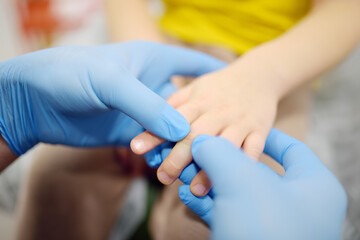
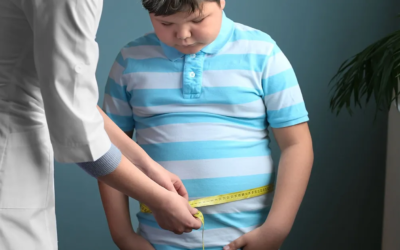
 Home
Home Spine Surgery
Spine Surgery